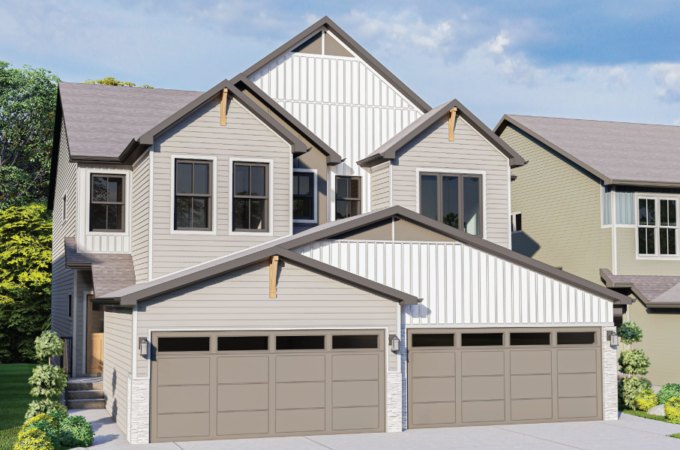
Is It Time to Downsize? How to Choose the Right Type of Senior Living Arrangement
The idea of selling their home and downsizing brings dread to many older adults. It doesn’t have to be a frightening experience, though. Choosing the right type of housing for your needs and finances is critical to making it successful. Following a few basic tips will help you navigate the process.
Table of Contents
ToggleRealistically Assess Your Current Abilities and Future Needs
You are probably moving because your current situation doesn’t meet your needs. Maybe it’s the stairs that you have to go up and down, or perhaps you want more interaction with peers. Understanding your needs and why you are moving will help you find the right type of housing for your future. Look at mobility, vision and hearing abilities, stamina, medical conditions and cognitive function when making a decision.
Getting a clear assessment of your current needs and abilities is crucial, but just because you are relatively independent right now doesn’t mean you are going to stay that way into the future. If you have any health conditions that are progressive or degenerative, your needs are like to change going forward. So, while you can’t anticipate every change possible, you can get a pretty realistic progression outline from your healthcare providers and use it to inform housing decisions.
Learn About Care Options and Costs
Senior housing covers a wide range of options. In order to make an informed decision about what will best serve your needs, you should understand those options. Unfortunately, costs can often influence housing decisions. There are several programs available to help, form Medicaid to HUD and VA benefits. Find out what type of low income senior living help might be available before you eliminate any possibilities. Take time to visit facilities sand communities in your area if that is possible. The three most common types of senior housing you will encounter include independent living communities, assisted living facilities and nursing homes.
Independent Living
Independent living and retirement communities are generally open to adults over a certain age threshold, such as 50 or 55. You own or lease your individual home within the community, which might be a single-family house, townhouse, condo or apartment. In return for monthly dues, you will have access to features like community centers, activities and possibly transportation services. Retirement communities are also often gated for added security.
Assisted Living
For seniors needing some help with basic daily tasks, an assisted living community may be a good choice. They are similar to independent living in the housing types and amenities, but you also have access to daily care services. Some offer several levels of care to choose from depending on your needs. That flexibility means you can choose the right options for your current needs, but also know that you can access additional services as the need arrives.
Nursing Homes
In cases where there are serious health concerns and regular medical care is needed, a skilled nursing facility may be the best option. Around the clock monitoring by qualified doctors, nurses and aides means you won’t have to worry about an accident or missed medication. This can be especially important in situations where there is significant cognitive decline.
By assessing your current and anticipated needs and then exploring the available housing options, you can find a place that is comfortable and safe





